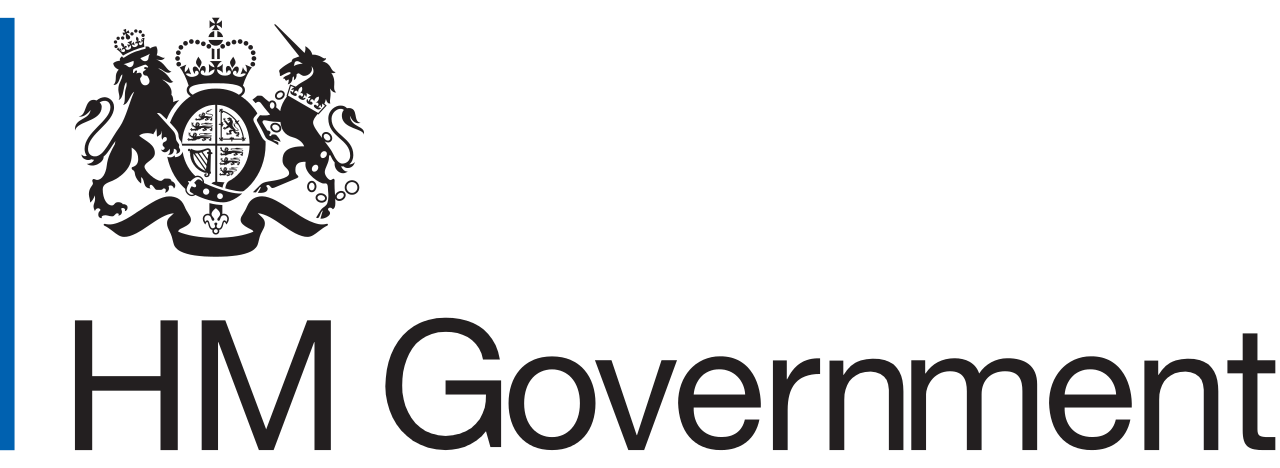The United Kingdom has historically played a leading role in developing parliamentary democracy and in advancing literature and science. At its zenith in the 19th century, the British Empire stretched over one-fourth of the earth's surface. The first half of the 20th century saw the UK's strength seriously depleted in two world wars and the Irish Republic's withdrawal from the union. The second half witnessed the dismantling of the Empire and the UK rebuilding itself into a modern and prosperous European nation. As one of five permanent members of the UN Security Council and a founding member of NATO and the Commonwealth, the UK pursues a global approach to foreign policy. The Scottish Parliament, the National Assembly for Wales, and the Northern Ireland Assembly were established in 1999. The latter was suspended until May 2007 due to wrangling over the peace process, but devolution was fully completed in March 2010.
The UK was an active member of the EU from 1973 to 2016, although it chose to remain outside the Economic and Monetary Union. However, frustrated by a remote bureaucracy in Brussels and massive migration into the country, UK citizens on 23 June 2016 narrowly voted to leave the EU. The so-called “Brexit” will take years to carry out but could be the signal for referenda in other EU countries where skepticism of EU membership benefits is strong.
Members:
Resources
Displaying 81 - 85 of 782Valuation Tribunal (Amendment) Rules (Northern Ireland) 2012 (S.R. No. 122 of 2012).
These Regulations amend the Valuation Tribunal Rules (Northern Ireland) 2007 which prescribe the practice and procedure in relation to proceedings before the Valuation Tribunal. The amendment is a consequence of the introduction of a right of appeal to the Tribunal against the issue, withdrawal, waiver or relaxation of the requirements of a remedial notice or certain decisions of a district council under the High Hedges Act (Northern Ireland) 2011.
Amends: Valuation Tribunal Rules (Northern Ireland) 2007 (S.R. No. 182 of 2007). (2007-03-18)
Town and Country Planning (Compensation) (England) Regulations 2013 (S.I. No. 1102 of 2013).
These Regulations prescribe certain types of development permitted by development for purposes of section 108 of the Town and Country Planning Act 1990, which provides for the payment of compensation to land owners in certain cases where planning permission for development granted by a development order, local development order or neighbourhood development order is withdrawn and where on an application for planning permission for that development, the application is refused or permission is granted subject to conditions.
Phosphorus (Use in Agriculture) Regulations (Northern Ireland) 2014 (S.R. No. 308 of 2014).
These Regulations aim to reduce water pollution by limiting the amount of chemical phosphorus fertiliser applied to land. They restrict the amount of chemical fertiliser applied to land taking into consideration the phosphorous already available from the soil and organic manures and impose a duty on the controller of a holding to prevent water pollution.
Planning (Local Development Plan) Regulations (Northern Ireland) 2015 (S.R. No. 62 of 2015).
These Regulations make provision for the operation of a new system of local development planning in Northern Ireland as provided for by the Planning Act (Northern Ireland) 2011. They prescribe the form and content of the local development plan (LDP) to be prepared by councils and the procedure to be followed to bring it into effect. The Act (Northern Ireland) 2011 provides for two development plan documents (DPD) the plan strategy and the local policies plan which taken together form the LDP.
Planning (Hazardous Substances) Regulations (Northern Ireland) 2015 (S.I. No. 61 of 2015).
These Regulations specify the substances which are hazardous substances for the purposes of the Planning Act (Northern Ireland) 2011 and the controlled quantities of those substances. They also lay down the procedure for applications for consent and the determination of applications. Section 108 of the Act provides that the presence on, over or under land, of a hazardous substance equal to or in excess of the controlled quantity (as specified by Regulations) requires the consent of the district council.


